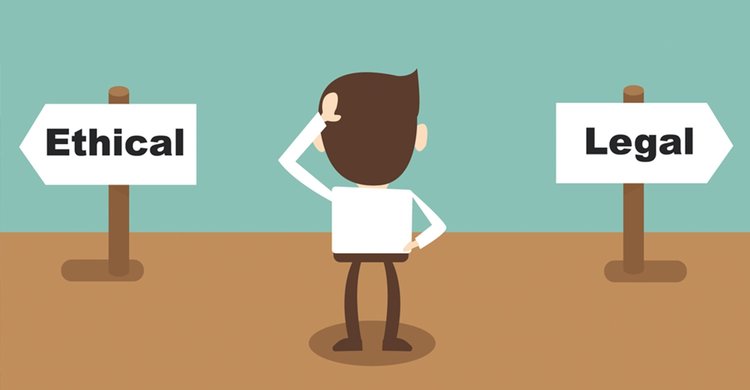Introduction:
The practice of law is not merely a profession; it is a commitment to upholding justice, preserving rights, and navigating the complexities of the legal landscape. Central to the attorney-client relationship are a set of fundamental duties that lawyers owe to their clients. These duties form the bedrock of ethical legal practice, ensuring the integrity of the legal system and fostering trust between attorneys and those they represent.
Duty of Loyalty:
At the core of the attorney-client relationship lies an unwavering duty of loyalty. Lawyers are bound to prioritize their clients’ interests above all else, avoiding conflicts of interest that could compromise their ability to provide undivided and zealous representation. This duty establishes a foundation of trust upon which the entire attorney-client relationship relies.
Duty of Confidentiality:
Confidentiality is sacrosanct in the legal profession. Lawyers must safeguard the information shared by their clients, both during and after the attorney-client relationship. This duty extends to not disclosing information without the client’s consent, with few exceptions defined by law. The sanctity of attorney-client privilege is a cornerstone of open communication and trust.
Duty of Competence:
A lawyer’s duty of competence demands more than just legal knowledge—it requires a commitment to skill, thoroughness, and preparation. Lawyers must continually strive to enhance their capabilities to provide effective representation and make informed decisions in the best interest of their clients.
Duty to Communicate:
Effective communication is the lifeblood of the attorney-client relationship. Lawyers have a duty to keep their clients informed about the status of their case, respond promptly to inquiries, and ensure that clients understand the legal processes and implications of their decisions.
Duty of Diligence:
Diligence is the engine that propels legal representation forward. Lawyers must act with reasonable diligence and promptness, making conscientious efforts to advance their clients’ objectives within the bounds of the law. This duty ensures that clients receive the advocacy they deserve.
Duty of Candor:
Honesty and transparency characterize the duty of candor. Lawyers must provide candid advice, disclose unfavorable information, and refrain from presenting false evidence. This commitment to forthrightness ensures that clients can make informed decisions based on a clear understanding of their legal circumstances.
Duty to Avoid Conflicts of Interest:
Navigating potential conflicts of interest is an inherent part of legal practice. Lawyers must identify and address conflicts promptly, either by withdrawing from representation or obtaining informed consent from all affected clients. This duty safeguards the purity of legal advocacy and prevents compromised representation.
Conclusion:
The duties that lawyers owe to their clients are the ethical bedrock of the legal profession. By upholding these duties with unwavering commitment, attorneys not only fulfill their obligations to their clients but also contribute to the strength and integrity of the entire legal system. In honoring these principles, lawyers become not just advocates but guardians of justice, ensuring that the pursuit of truth is accompanied by a steadfast commitment to ethical and responsible legal representation.


Their online chat support is super helpful.
get lisinopril online
A one-stop-shop for all my health needs.